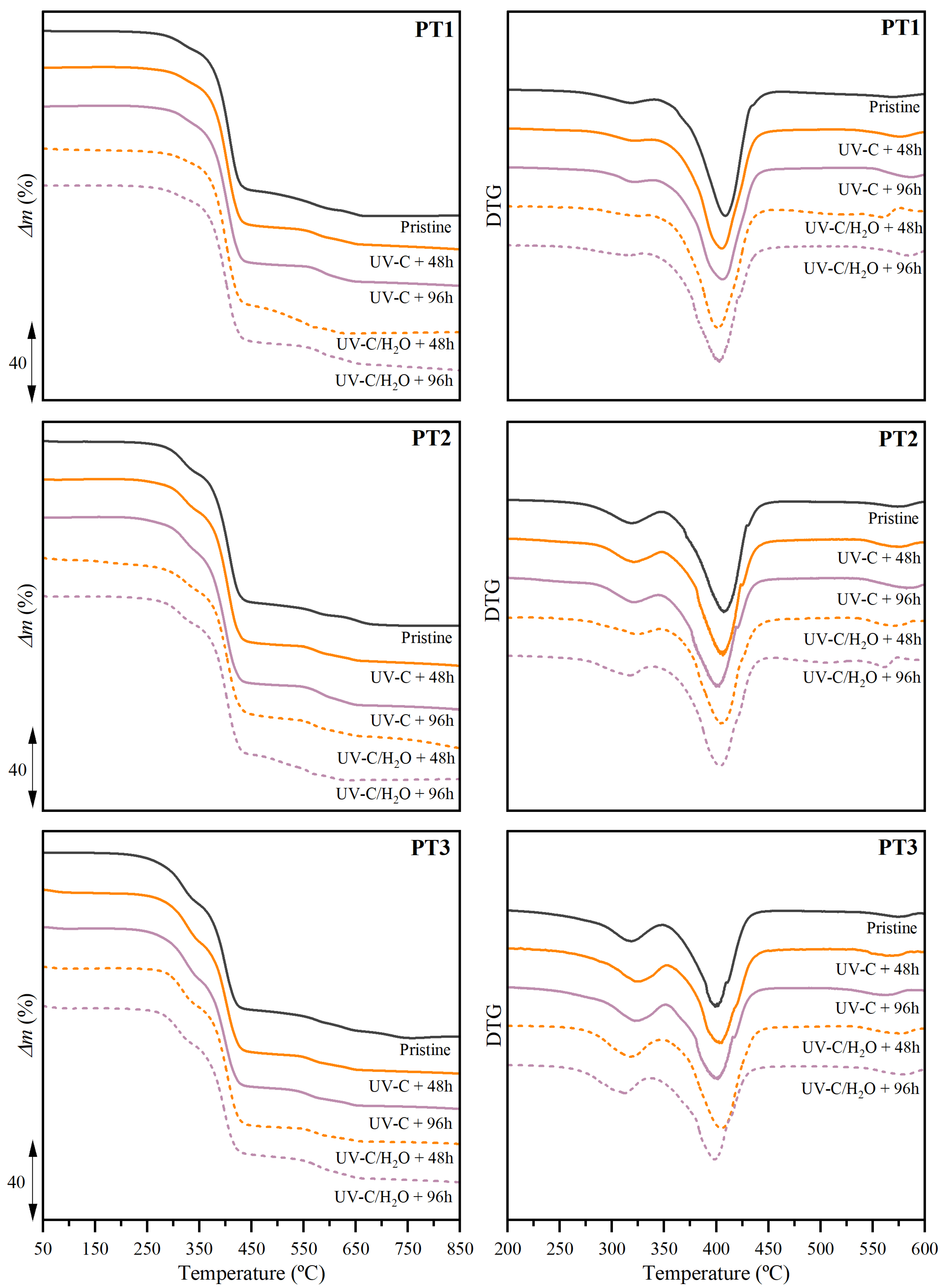The MATS group publishes an article on the abiotic degradation of commercial PBAT and TPS films.
Researchers from the MATS group, within the framework of the BIOFAST project: Methodological Strategies for the Accelerated Biodegradation of Bioplastics in Composting Environments (INNEST/2022/295), funded by the Valencian Institute for Competitiveness and Innovation (IVACE+i) through the Strategic Cooperation Projects Program and the FEDER funds, have published their scientific article titled “UV-C and UV-C/H₂O-Induced Abiotic Degradation of Films of Commercial PBAT/TPS Blends” in the journal Polymers. This work was carried out in collaboration with researchers from the Fibre and Polymer Technology Department at KTH Royal Institute of Technology (Stockholm).
The study focuses on the effect of abiotic factors, specifically UV-C irradiation under dry conditions and in combination with water immersion (UV-C/H₂O), on commercial films made of PBAT and thermoplastic starch (TPS) blends.
UV-C irradiation triggers the photodegradation of PBAT by breaking ester bonds, resulting in chain scission and a significant reduction in molar mass. Furthermore, under UV-C/H₂O conditions, erosion and disintegration are intensified due to the dissolution and leaching of the TPS phase, creating a porous structure that facilitates degradation. Blends with higher TPS content were the most susceptible.
Overall, strategies based on UV-C irradiation, with or without the combined action of water, enable relevant physicochemical transformations in these biopolymers, opening up new possibilities for their end-of-life management, such as controlled degradation or pretreatment before biological or recycling processes.
DOI: https://doi.org/10.3390/polym17091173
Bibliographic Reference:
- K. Gutiérrez-Silva, A. Jordán-Silvestre, A. Cháfer, R. Muñoz-Espí, O. Gil-Castell, J.D. Badia. Ultrasonic chemo-thermal degradation of commercial poly(butylene adipate-co-terephthalate) (PBAT) and thermoplastic starch (TPS) blends. Polymer Degradation and Stability, 2024, 232, 111133.






